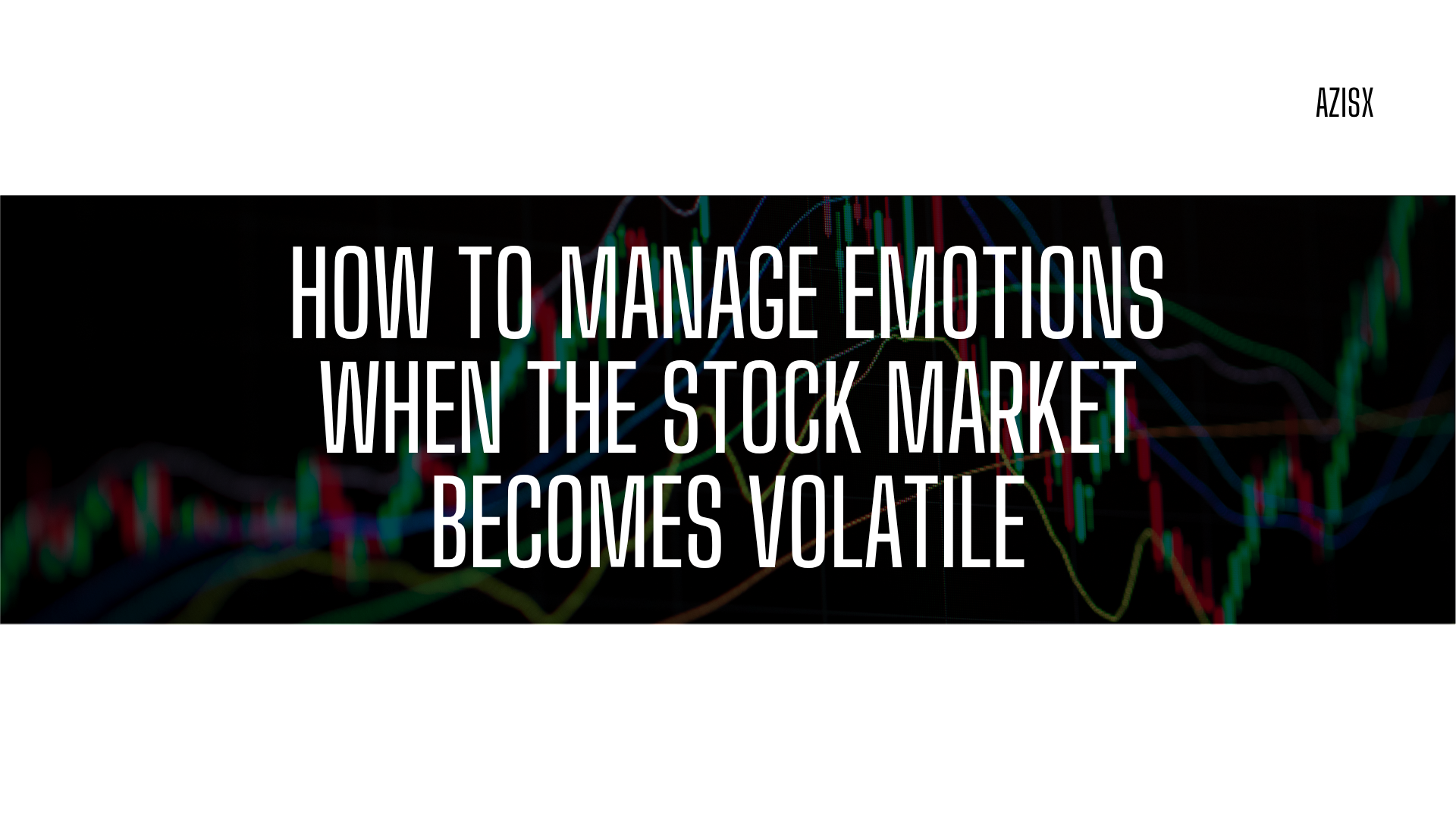
Introduction
In stock investing, emotions are the biggest enemy of investors. You may have the knowledge and a solid strategy, but if you cannot stay calm during market turbulence, you’re likely to make poor decisions. When the market plunges, many panic and sell at the bottom. When stocks rise, others rush to buy out of fear of missing out.
This article will help you better understand the role of psychology in investing, common emotional traps, and practical strategies to manage your mindset during volatile market conditions.
🧠 What is Investor Psychology?
Investor psychology refers to the emotional state and behavioral reactions in response to information, price movements, and market trends. It includes emotions such as:
-
Fear: Worrying about losing money, leading to panic selling at the bottom.
-
Greed: Chasing quick profits, resulting in buying at the peak.
-
FOMO (Fear of Missing Out): Following the crowd without proper analysis.
-
Irrational optimism: Expecting that a stock will “keep going up forever.”
⚠️ Consequences of Poor Emotional Control
- Chasing rising stocks and buying at the top.
- Panic selling at the wrong time.
- Overtrading and losing discipline.
- Abandoning your investment plan under pressure.
💡 6 Effective Strategies to Control Emotions When Investing
1. Build a Clear Investment Strategy
-
Set your investment goals: expected return, time horizon, frequency of trading.
-
Define entry points, exit points, and stop-loss levels in advance.
-
Ask yourself: Why am I investing? How much loss am I willing to accept?
2. Focus on Business Fundamentals, Not Daily Stock Prices
-
Short-term price movements are often driven by rumors or emotions.
-
A good company will recover in value over time.
-
Learn to analyze financial statements and monitor quarterly earnings.
3. Manage Risk Through Capital Allocation
-
Avoid going “all-in” on a single stock.
-
Diversify your portfolio with 3–7 stocks across different sectors.
-
Keep 10–20% of your capital in reserve for risk mitigation.
4. Accept Losses as Part of the Investment Journey
-
Even great investors like Warren Buffett experience losses.
-
What matters most is learning from mistakes — not trying to avoid losses entirely.
5. Keep an Investment Journal
-
Record your trades, the reasons behind them, and how you felt.
-
Reviewing your journal can help identify emotional patterns and improve decisions.
6. Maintain a Balanced and Healthy Lifestyle
-
Investing shouldn’t consume your life. Exercise, rest, and socializing help you stay mentally strong.
-
Avoid constantly watching the market screen — it can trigger impulsive reactions.
✅ Conclusion
Controlling your emotions is the core factor that determines success or failure in investing. You can’t control the market — but you can control yourself. Equip yourself with knowledge, follow a disciplined strategy, and develop patience. Those who stay calm in a heated market are the ones who thrive in the long run.

 Tiếng Việt
Tiếng Việt





